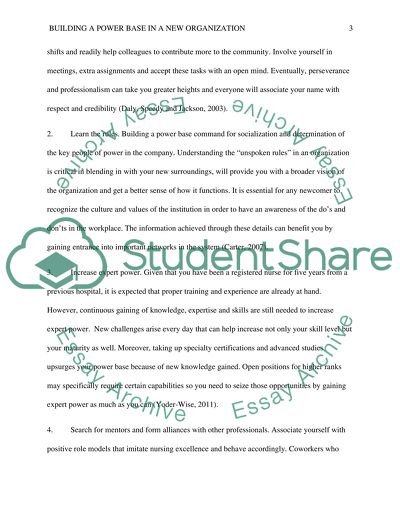Cite this document
(“Building a Power Base in a New Organization Case Study”, n.d.)
Building a Power Base in a New Organization Case Study. Retrieved from https://studentshare.org/nursing/1454270-building-a-power-base
Building a Power Base in a New Organization Case Study. Retrieved from https://studentshare.org/nursing/1454270-building-a-power-base
(Building a Power Base in a New Organization Case Study)
Building a Power Base in a New Organization Case Study. https://studentshare.org/nursing/1454270-building-a-power-base.
Building a Power Base in a New Organization Case Study. https://studentshare.org/nursing/1454270-building-a-power-base.
“Building a Power Base in a New Organization Case Study”, n.d. https://studentshare.org/nursing/1454270-building-a-power-base.


